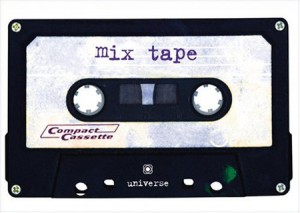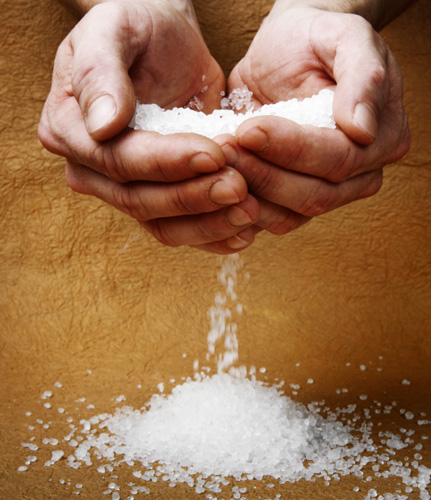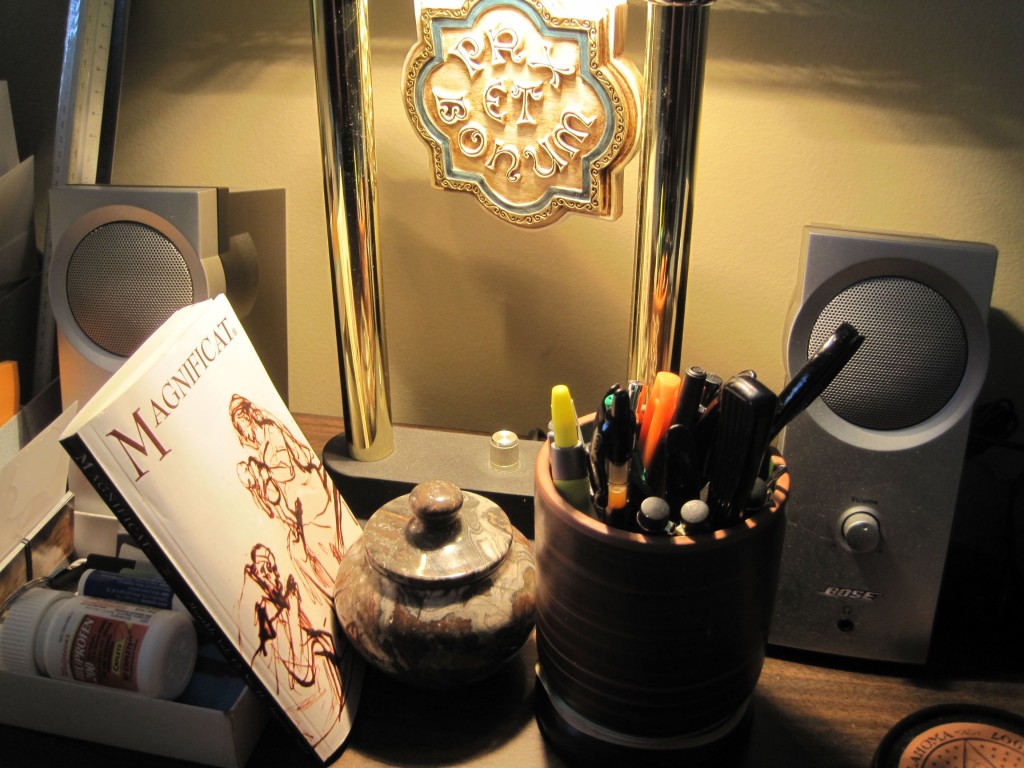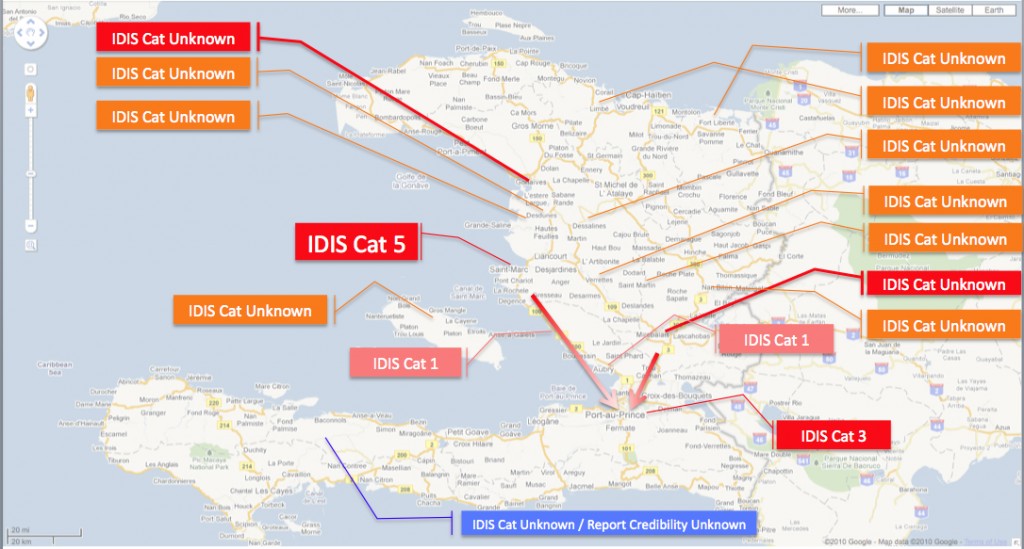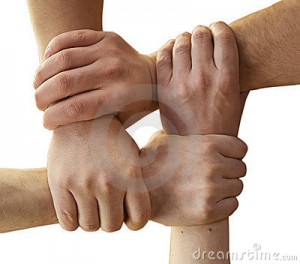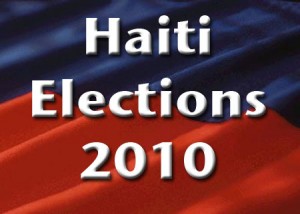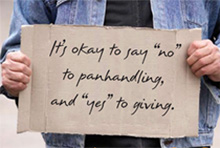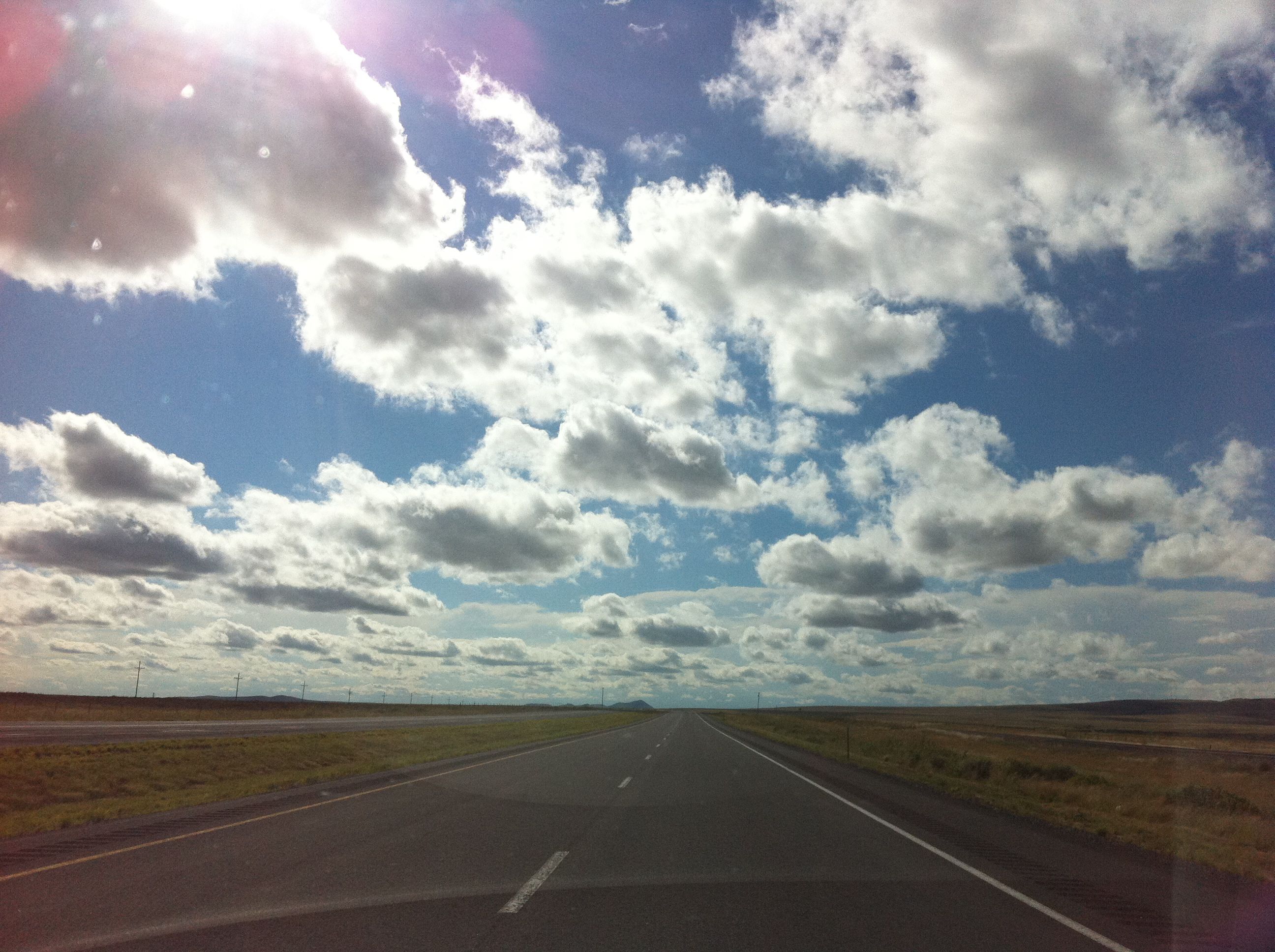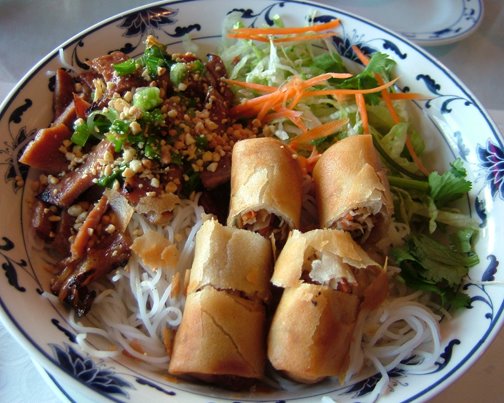I haven’t blogged for a bit and this particular post has been rattling around in my head, so it’s time that I have it out. I don’t know if you, dear reader, will find anything particularly profound in this account, but there is a deep and abiding profundity for me.
Background
The year 2010 was a difficult year for me, as have been the last few years. I don’t wish to delve into those difficulties but it is important to know that, in December, it brought a certain reluctance for the coming holiday season. I didn’t foresee any turmoil, more a sense of certain disappointment.
I had no big plans for Christmas or New Years, just a familiar gathering of my family, which while always nice, didn’t portend anything really memorable. What few friends I have close-by had plans to be elsewhere with their own families.
So, I didn’t have any real expectations for anything other than the status quo ante of 2010.
Consolation
So now, I look back on the period from December 8, 2010 to January 8, 2011 as one of merciful consolation, with a certain amount of redemption, and a heaping bowl of gratitude.
I received many unlooked for gifts during this time. The best kind of gifts, to be sure.
Feast of the Immaculate Conception
This tale begins on December 8th, the Feast of the Immaculate Conception. One of my parishes, St. Mary’s, was hosting 40 Hours of Devotion – round the clock Eucharistic Adoration – beginning on Wednesday, December 8th and running until Friday, December 10th. I’m a big fan of adoration, but haven’t done it regularly for awhile. I decided to pick up an hour each day at 11:30am.
I began with Mass on the 8th, which also happens to be my mother’s birthday, and the anniversary of my First Communion. So, it’s always a special day for me.
After Mass and for an hour on the next 2 days, I spent time in St. Mary’s chapel, alone with the Lord. It was a great time to pray and enjoy the silence. (Of course, anyone familiar with Adoration knows that it’s really a deafening silence.)
Prior to this, I had been lamenting the fact that I hadn’t really embraced the Season of Advent, so this was a very good way to address that as well.
Those few hours really benefited me and centered me in a way that I hadn’t felt in some time.
Christmas Tree
On the 10th of December, my friend Whitney, who works for the Tulsa Housing Authority, called me and volunteered to help me decorate my house for Christmas. She had just done the same at her office and was in the mood to share the Christmas spirit.
I haven’t decorated my house at Christmas for a couple of year because I rarely have any guests or visitors, but I acquiesced.
I am so grateful for this! Following on the heels of my time in Adoration, I thoroughly enjoyed our little tree decorating event, along with a dinner of broiled fish and mashed potatoes. Yes, I know, not really holiday food, but at least it was edible. I give full credit to Whitney for kicking me out of my doldrums and setting the mood for the rest of the Christmas season.
Whitney has been a true friend since our days at the TU Newman Center. I could always count on her to liven things up and make them so less serious than they might have otherwise been. She’s the original “Cookie Girl” and often appeared on my “OntheU” podcast.
Aaron & Jordan Get Married, Patrick Comes to Visit

Aaron & Jordan Guernsey
A week later, on the weekend of the 17th-19th, my friends Aaron and Jordan were married. They too were regular members of the OntheU crew and their wedding was a joyous occasion and gave me a good reason for me to be around the old Newman Center gang.
Pat Padley drove down for the wedding and stayed at my house for the weekend. We’ve been friends for 6 years now and he too was one of the original OntheU co-hosts, from the very first episode.
Although this day was for Aaron and Jordan, it brought back together at least 30 Newman Center students and alumni, and for me, it was a wonderful homecoming.

Patrick Padley
The wedding Mass was celebrated by my favorite priest, Fr. Jack. The Newman Choir, with both past and present members, sang many of the old songs and Mass parts, and it was such a benison to me, soothing away many of the pains that time and distance have inflicted.
A White Christmas
The next weekend, although completely different, was just as awesome and special.
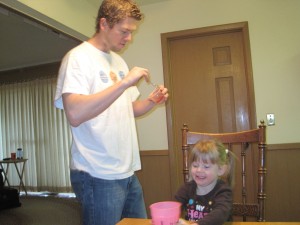
John & Sophie
My good friends, John & Nadine White, had plans to drive from Omaha to Dallas, to spend Christmas with their family. Since they currently have two small kids, Sophie (3 yrs) and Dominick (10 months), they asked if they could stay at my house one night, and break up their trip.
I was thrilled! Sophie is my goddaughter and I hadn’t seen her for several months, and I always like spending time with John and Nadine.
John and I have a history that goes back to my earliest days at the Newman Center. John was one of the first students that I really got to know. He is from Odessa, Texas, not too far from my old hometown of Hobbs, New Mexico. He and I have done some serious traveling together, back in the day.
John was part of the first trip I made to Guatemala. He was part of a pilgrimage group that I helped lead to Rome the spring after he graduated, and along with some of his closest friends, we backpacked through Europe. We also traveled through Greece and Turkey as part of another pilgrimage. Later, while he was serving as a Christian Brothers volunteer in Peru, I was lucky to visit him and see the sites, including Machu Picchu.

Dominick & Nadine
It’s a great honor to be Sophie’s godfather, so having them stay with me was a real treat. I enjoy seeing them in their early adulthood and building their family together.
It also made Christmas that much more special to have Sophie and Dominick at my house. How can you not have the Christmas spirit with kids around?
Christmas Chili
If there was one sour spot to the whole Christmas season it was unfortunately Christmas Eve Mass.
My aunt likes to go to Christmas Eve Mass at our local Augustinian Prep School – Cascia Hall. It’s a great school, but I despise going to Mass there. It’s an awful thing to say, I know, but I always leave there very disappointed.
The Mass was completely packed with the upper crust of Cascia society – students, parents and alumni, but there was little participation in the Mass. No singing, no recitation of prayers, and much gazing about to see who else was there.
But go, we did nonetheless.
Christmas Day was a much better experience. My aunt, my sister, a family friend and my brother-in-law gathered for our traditional Christmas chili, blueberry pie, and ice cream.
I know that chili probably doesn’t sound very traditional to most folks, but we grew up with it, and it was a way to lessen the burden on my parents when we were kids.
Besides, I make a mean pot of chili. You can get the recipe in this post.
A Return Visit
So what happens after Christmas? People go home, which means that I had a return visit from the Whites as they made their way back to Omaha. It was a short visit, but still very enjoyable. They were a little worse for wear, being on the rode with two small kids for over a week, but they were surviving.
Tanner & Marissa Get Married!
The first week of January was probably the most special part of this whole period. Two more Newman Center alumni, Tanner & Marissa, were getting married on the 8th of January at Christ the King Church.
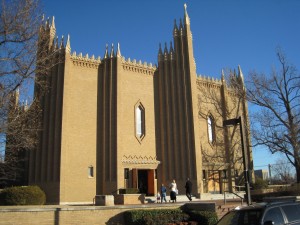
Christ the King, Tulsa
CTK is a very beautiful church, built in an art deco style and full of stained glass and mosaics. It also happens to be the church where my parents were married, my sister Christine was married, and where my brother Kevin was married.
Tanner had asked me some days before if he could stay at my house the week before the wedding, to have some space to himself in the midst of all the final preparations.
So once again, my spare room came into service.
I loved having Tanner at my house and I was also happy to do some little tasks to help out with the wedding preparations. During the week, I helped him finish the wedding program, had copies made and gave myself blisters as I folded and stapled them. It was a lot more work than it needed to be, but in the end, they looked really nice.
The couple had asked me to be a reader during their wedding Mass, so I was pleased to
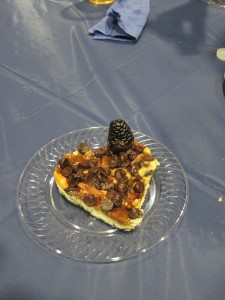
Cheesecake Tarts!
attend their rehearsal and dinner on Friday night, the 7th.
I really like how they did this.
I’ve been to some very formal and some very informal rehearsal dinners. Tanner and Marissa, in order to be able to spend time with more of their friends, just had pizza brought into the parish hall, had some wonderful desserts, and had a slideshow of photos to entertain folks. Perfectly acceptable and perfectly enjoyable!
Wedding & Reception
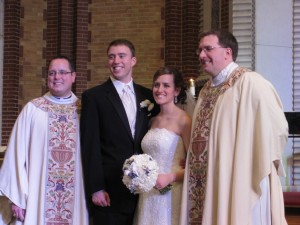
Fr. Matt, Tanner, Marissa, Fr. Brian
Tanner and Marissa’s wedding was fantastic and very much the Newman Center reunion that Aaron and Jordan’s had been.
The celebrants were Fr. Brian O’Brien, president of Bishop Kelley High School, and Fr. Matt Gerlach, chaplain of the Newman Center.
The place was packed with family and friends, the Newman Choir sang, and it was a very special time. I am very humbled to have been a part and so glad that I could attend.
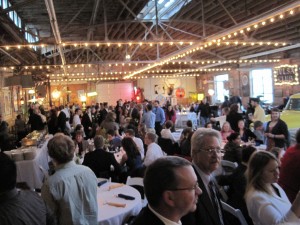
Wedding Reception @ John Rucker Warehouse
The reception was incredible! It was basically held in a car garage, an old building in downtown Tulsa that holds a collection of antique cars. Decorated with lights, tables, chairs, and a live band, and voila!
It took me a whole day to recover! I arrived after the wedding at 3:30pm and didn’t leave until after 10pm. More than 6 hours and I’m sure I have some permanent hearing damage!
Nonetheless, it was a terrific time and a perfect way to end a stellar month of celebration.
Strength

A Treasured Gift!
There is more that I could add to this long list of events, but I think I will end it here with some reflection.
The Christmas season was a blessing to me and having the chance to reconnect with so many of my “Newman” family couldn’t have come at a better time.
I’ve been rejuvenated in a new way and it has given me strength for the upcoming year.
I’ll close with a photo of the gift that Tanner and Marissa gave me for participating in their wedding. I’ve only had it a short while now, but I already treasure it.
I’m sure that Tanner picked this out because he understands what a struggle these past couple of years have been. Loss of a mission, loss of a job, difficult decisions and uncertain futures. New missions, new job, new futures and new milestones.
The sentiment on the cross proves to me that he gets it. And that is the healing that comes with the joy of all the opportunities I had to be “home” for the holidays.
Strength lies in submission which permits one to dedicate his life through devotion, to something beyond himself. – Henry Miller
